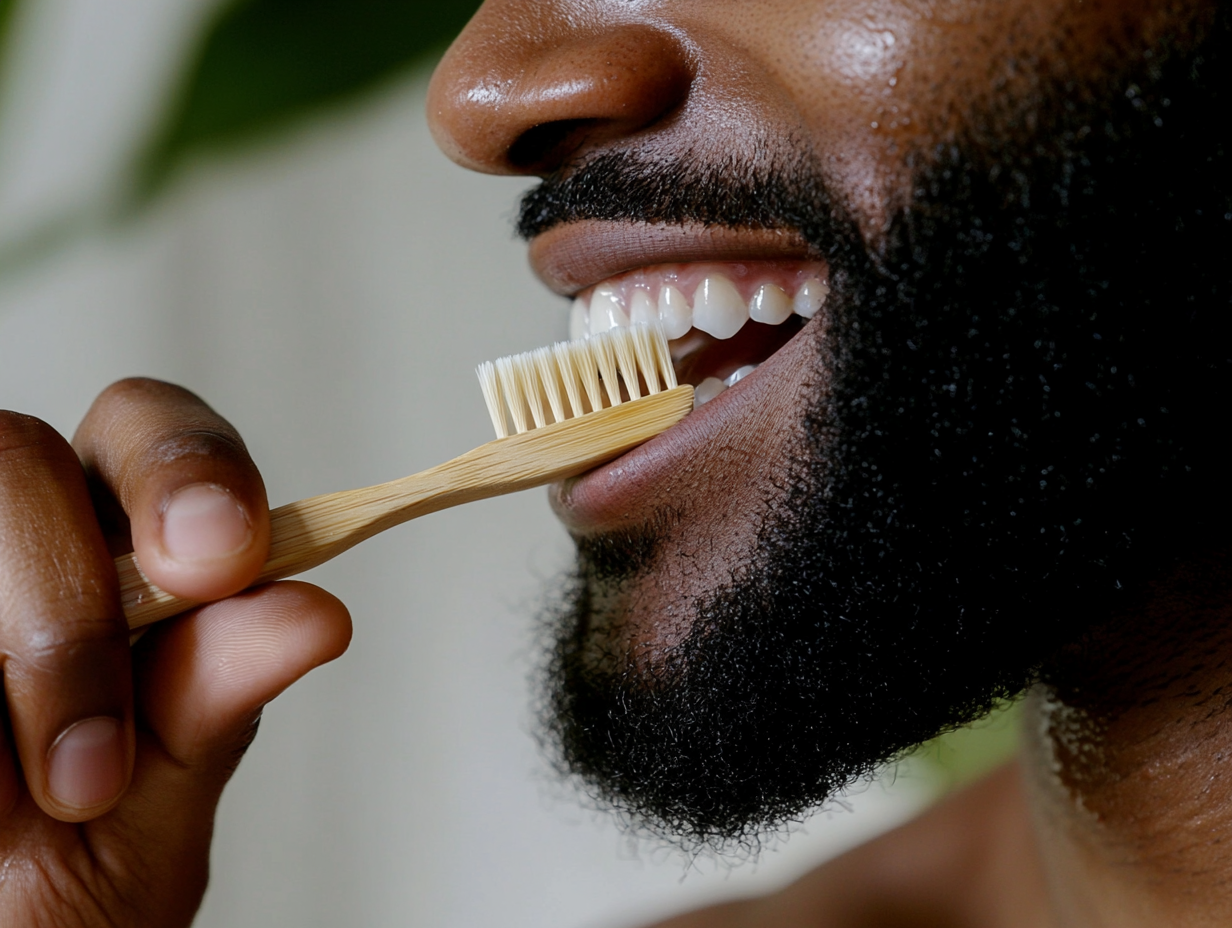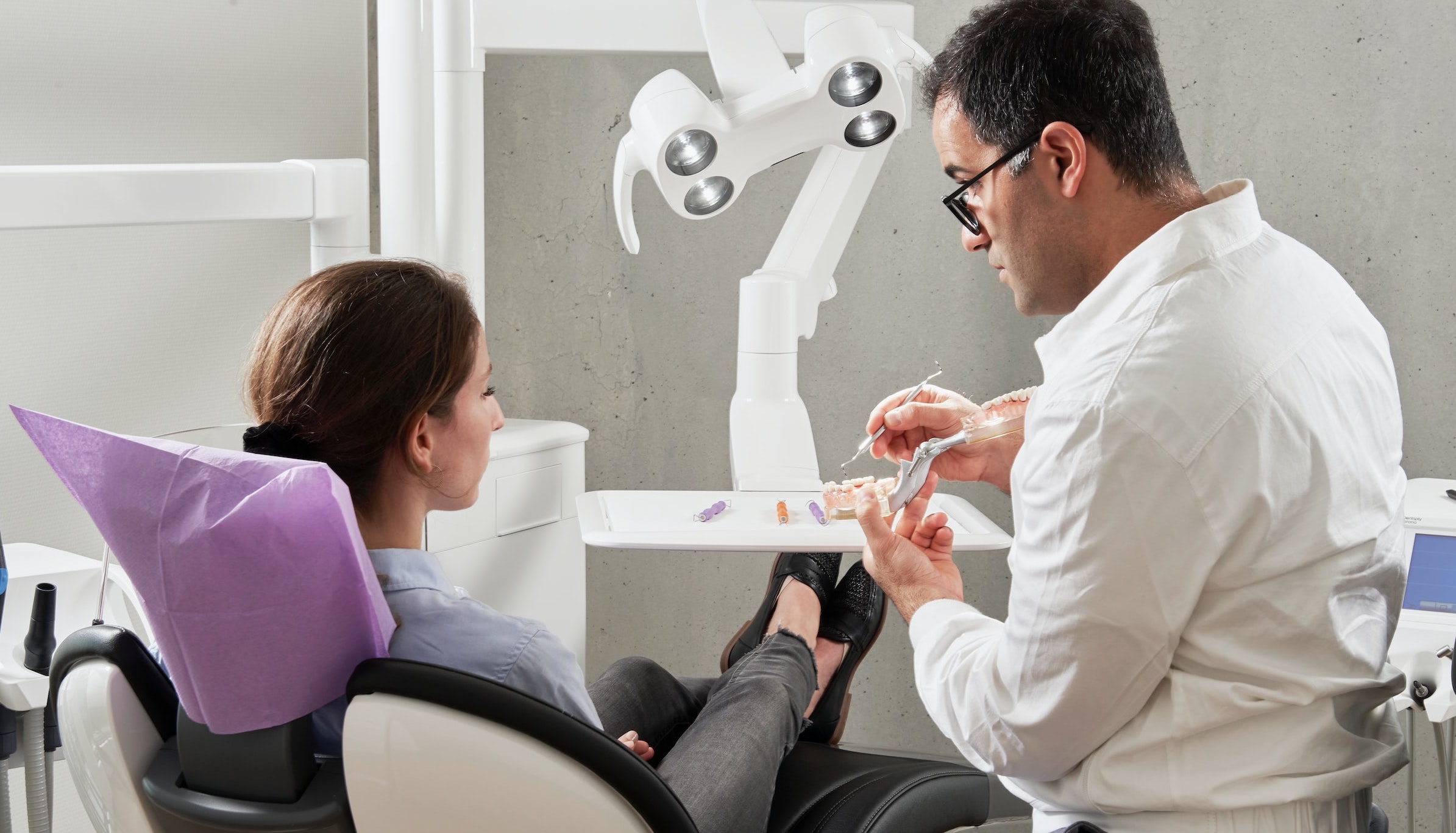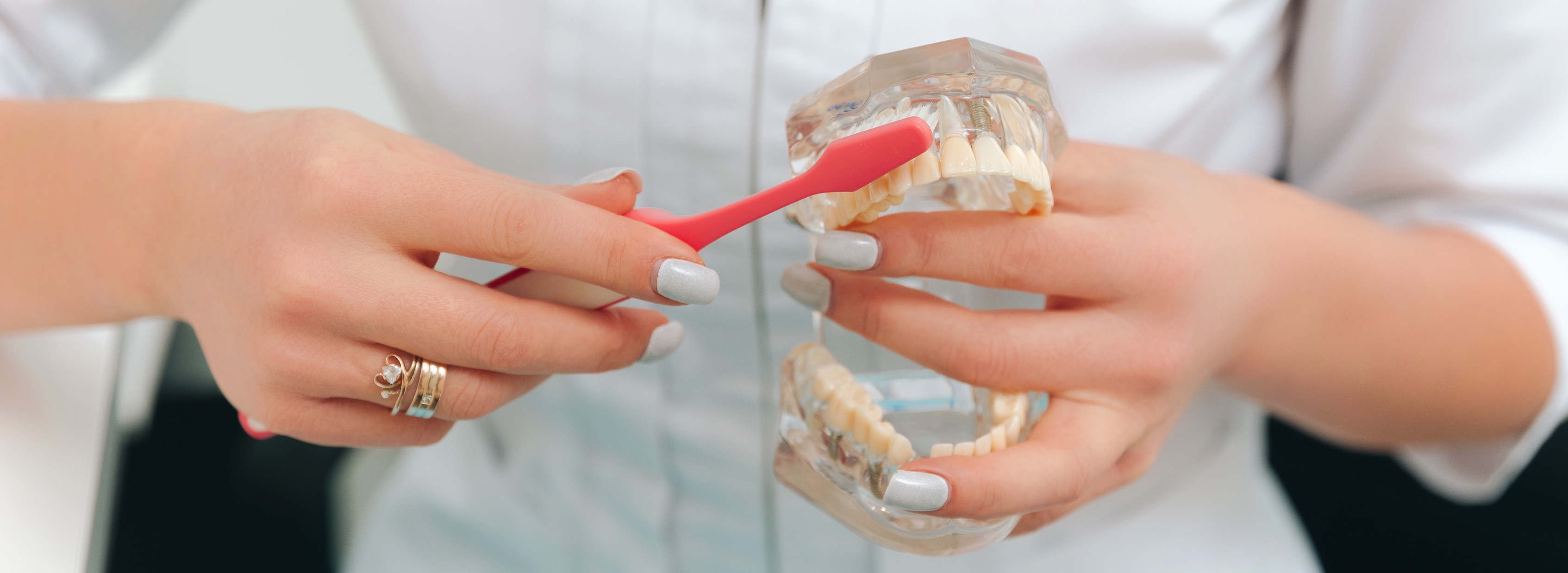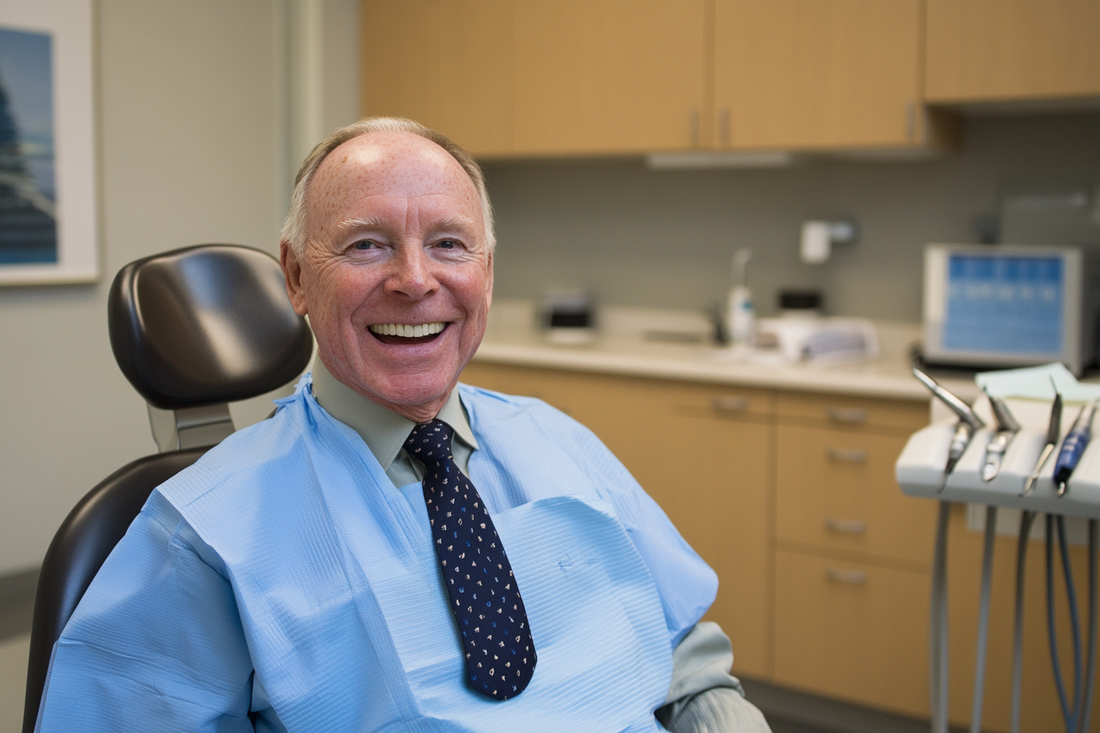March is here, and this month, we’re focusing on the third step in the Ecosentials routine: tooth brushing!
There are all sorts of wrong ways to brush your teeth that can lead to gum damage, tooth decay, bad breath, and more. In this article, we’ll go over how dentists and hygienists recommend brushing your teeth properly so you’re always keeping plaque at bay, keeping your gums healthy and staving off costly dental bills.
But first, let’s find out what happens when your toothbrushing is not up to par.
What Happens When You Don’t Brush Your Teeth?
You’re brushing your teeth twice a day…right!? We hope you are, because there are a few nasty consequences for not brushing your teeth properly (or not brushing at all).
Increased Plaque And Tartar
Our mouth is full of bacteria, both good and bad. Bad bacteria feed on sugar and multiply. When we eat food throughout the day, particularly sugar and carbs (bread, grains, etc), this bacteria feeds on sugar and forms plaque. Plaque is the sticky white-ish film that sticks to our teeth.
Plaque is easy enough to remove with a proper brushing routine. But when you don’t brush it off daily, it hardens and turns into tartar. Tartar is acidic, and bores holes into the teeth (ie. cavities). You need a dentist to remove tartar.
Bad Breath
If the risk of cavities wasn’t enough to convince you to brush your teeth, plaque and tartar causes halitosis (A.K.A. bad breath).
Cavities
Unchecked plaque on the teeth hardens into tartar and causes cavities. Cavities don’t go away on their own and need to be treated by a dentist. If left untreated, they’ll cause a tremendous amount of pain and may require a root canal.
Bodily Infections
Keeping your mouth free of plaque and harmful bacteria isn’t just about avoiding tooth decay — it’s also about maintaining your overall health. When inhaled, harmful mouth bacteria can infect the lungs and cause pneumonia. Additionally, when plaque and bad bacteria enter the bloodstream, they can cause strokes and heart attacks.
In Ayurvedic medicine, your overall health starts with your mouth. Ayurvedic practitioners examine your mouth and draw conclusions about your overall health. Keeping your mouth clean is crucial to your overall well-being.
Gum Disease
Gum disease is one of the worst consequences of not brushing your teeth regularly. Plaque and tartar don’t just affect the teeth themselves — they affect the gums that support the teeth. Plaque likes to hang out on the gumline, at the base of the tooth. If left unchecked, this bacteria and plaque can cause the gums to pull away from the tooth, exposing the root of the tooth.
Tooth Loss
Tooth loss is the ultimate consequence of not brushing your teeth. When the gums are no longer healthy, they can’t support the teeth, and they leave the jawbone exposed. The jawbone anchors the teeth, but when the jawbone becomes weak, the teeth become loose and eventually fall out.
Now you know the dire ramifications of not brushing, let's talk about the right way to brush and some common mistakes.
How To Brush Your Teeth Properly
Do you really know how to brush your teeth properly? Oftentimes, your dentist might not even take the time to show you how to do it properly. Not to worry — we have some pointers for a proper brushing routine.
There are a few brushing techniques that dentists suggest — the most common and effective one recommend by Dental Associations worldwide is the called the modified bass technique. Here are the basic steps:
- Position your toothbrush at a 45-degree angle, with the toothbrush in contact with the gumline.
- Brush in a gentle circular motion, making sure to brush on the gumline (gently, so you don’t cause gum recession).
- Brush for at least 2 minutes, spending at least 30 seconds on each quadrant.
- Cover every surface of the tooth: the chewing side, the outer side, and the inner side.
- Give extra attention to your molars, particularly your back molars.
- Brush at least twice a day.
Common Tooth Brushing Mistakes
Brushing your teeth the wrong way can have a lot of negative effects. Are you committing any of these tooth brushing faux-pas?
Brushing Too Hard
Even with soft bristled toothbrushes, it’s possible to brush too hard and cause gum recession. Gum recession exposes the root of the tooth, making it susceptible to pain, sensitivity, and infection. Recession is a serious issue that may require expensive gum graft surgery.
Dr Romo from Romo Dental in Chicago says, “People tend to brush aggressively, thinking it’s the only way they can get their teeth to feel clean and look whiter. That’s counterproductive, because not only does it cause recession of your gums, but you're also wearing away the white, glossy enamel on your teeth, making them look yellow and darker.”
Not sure if you’re brushing too hard? Take a look at your toothbrush. If you’ve been using it for three months or less, it should still appear relatively new. “If it looks beat-up and flat, that’s a sign you're brushing way too hard,” Romo says.1
Rushing The Brush
Don’t rush the brush! Rushing the brush leaves plaque behind, which leaves you vulnerable to tooth decay and other bodily infections. If you’re clocking in at less than 2 minutes on your brushing routine, you’re going too quickly. Instead, treat your brushing routine like a relaxing spa day. Take your time, work gently, and cover every surface of your teeth.
Using A Dirty Or Old Toothbrush
Dentists recommend you replace your toothbrush every 3 months. Toothbrushes harbor millions of harmful mouth bacteria that can make you sick. Additionally, it’s important to rinse your toothbrush well between uses to reduce bacteria.
The Takeaway
Nothing removes as much plaque and bacteria from your mouth as brushing your teeth — it's a vital step in your oral routine. If you want to avoid cavities, gum disease, bad breath, and major dental expenses, it’s crucial that you brush your teeth regularly. Take your time, and brush with love and care.
Keep your toothbrush squeaky clean and fresh with a Snap-On Toothbrush Protector! Our protectors easily snap onto toothbrush heads of all sizes, with disks that circulate naturally antibacterial essential oil vapors. Bonus: they’re recyclable but also made with EcoPure®, an organic plastic additive that significantly accelerates the biodegradation of plastics in microbe-rich environments, if they end up in a landfill instead of being recycled. Perfect for keeping your toothbrush hygienic, and for taking it on the go. Shop our Snap-On Toothbrush Protectors now!







